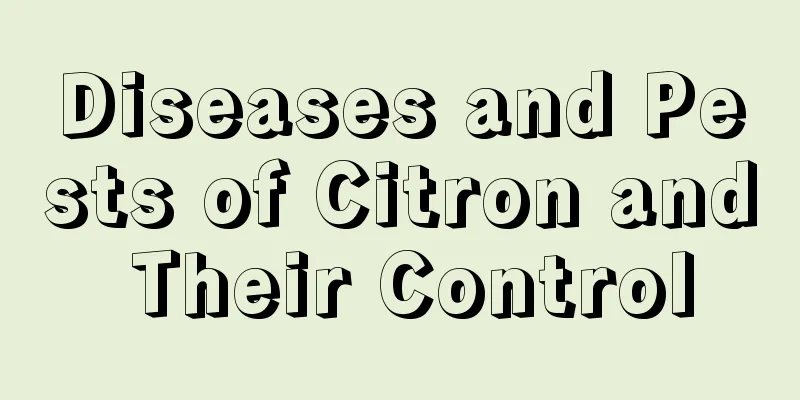Why don’t chicks eat?

|
Since chicks are still in the growth and development stage and have poor resistance, they will always encounter a series of problems during the brooding process. So why don’t the chicks eat? Let’s learn more about it below. 1. Poor breeding environment The environment in which the chicks live is uncomfortable, for example, the temperature is too high or too low, the farm or its surroundings are seriously polluted, the farm is too crowded and cannot be ventilated and heat dissipated well, etc. They may also become wilted and stop eating. 2. Feed problem Inappropriate feed or nutritional deficiencies may affect the chicks' appetite. In addition, improper feeding methods or irregular diet may also cause chicks to lose their appetite. The correct approach should be to ensure that feeding is done on time and in fixed quantities, while ensuring the freshness of the feed, and regularly cleaning feeding tools such as drinking water and troughs. 3. Water quality reasons Generally, the drinking water for chicks needs to be cleaned through the water line, but the conventional cleaning methods cannot completely remove the water line biofilm in the drinking water, so the drinking water is prone to breed bacteria, causing diarrhea in the chicks, and the feed intake will continue to decrease. Therefore, the water must be cleaned to ensure that no bacteria can grow. 4. Inappropriate lighting Uneven light distribution, insufficient light intensity or excessive light intensity in the chick house will cause uneven distribution of the chickens, resulting in low feed intake for some chicks. Therefore, in order to arrange the lighting plan reasonably, the general lamps should be 2 meters away from the ground, the distance between the lamps should be 1.5 times the height of the lamps, and they should be arranged in a staggered manner. The caged lamps should be placed above the walkway, and attention should be paid to the illumination of the lower chicken cages. 5. Poor ventilation If the carbon dioxide content in the brooding house is too high, the chicks' breathing rate will increase significantly, their appetite will decrease, their growth will slow down, and their physical fitness will decline. Therefore, during brooding, we must pay attention to ventilation, provide fresh air for the chicks, and expel harmful gases in the house in time. 6. Infected with coccidiosis Chicks will also stop eating if they have coccidiosis. This disease often occurs in chicks aged 14-40 days. For prevention and treatment, you can mix 100 grams of chlorpyrifos with 200 kilograms of water and use it for 3 consecutive days. In general, through the above observations, we can roughly determine the specific reasons why the chicks are not eating, and then take timely measures to make adjustments, so that the chicks' appetite will slowly recover.
|
<<: When does iris bloom and how to care for it during the flowering period
>>: How to plant Impatiens and how to spread seeds
Recommend
Pictures of flowers, quickly identify several types of flowers
Flower recognition Below, take a look at the pict...
What are the benefits of planting asparagus fern and succulents together?
The ornamental value of asparagus fern and succul...
How much is the yield of mustard per mu? What is the normal profit of planting one mu of shepherd's purse?
Yield of mustard per mu Mustard is harvested in b...
Rose cutting method and time
1. Cutting time Its cuttings are mainly carried o...
How and when to plant open-air cucumbers? Which month is the best for planting?
Suitable time for planting cucumbers in the open ...
How to care for Orange Monroe seedlings?
Orange Monroe is a horticultural hybrid of Coroll...
How Silver Star Reproduction Works
one. Leaf cuttings 1. Select some healthy and dis...
How to save seeds of cyclamen
Cyclamen seeds introduction Cyclamen has seeds, w...
What fertilizer to use during the flowering period of camellia
1. What fertilizer to use 1. Before flower bud di...
How to make adzuki beans germinate quickly
Adzuki bean germination environment Adzuki beans ...
Cultivation methods and precautions of Songchunhua
1. Maintenance methods 1. Soil: The spring flower...
How to keep Luanfengyu in winter
Lighting Management The Luan Feng Jade likes an e...
What is the best variety of Chunlan?
1. Song Mei It is especially popular in Zhejiang ...
Cultivation technology and management methods of head lettuce (how many days does the growth cycle of head lettuce last)
1. Site selection and land preparation Head lettu...
I haven't watered these flowers since I was away for a month, but I didn't expect that they have grown even more vigorously!
Cactus Cactus is a well-known drought-tolerant pl...









